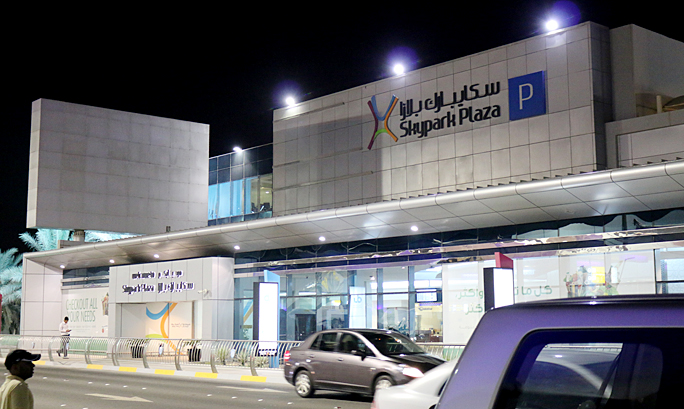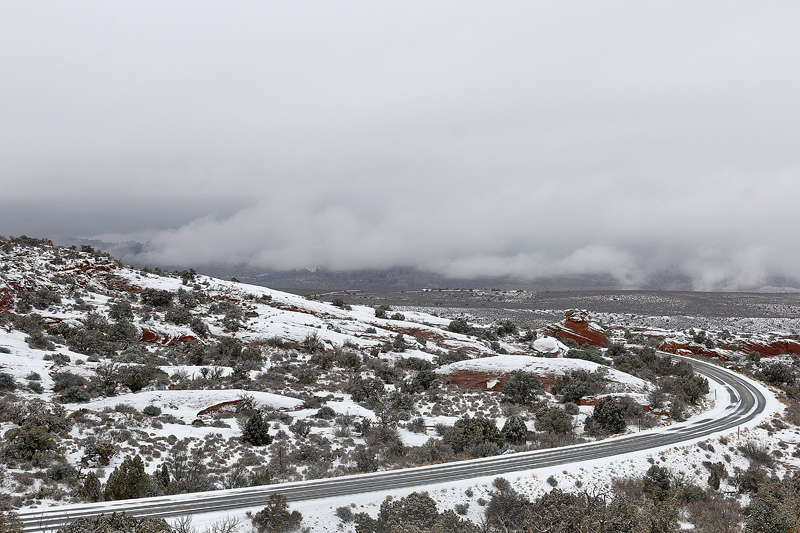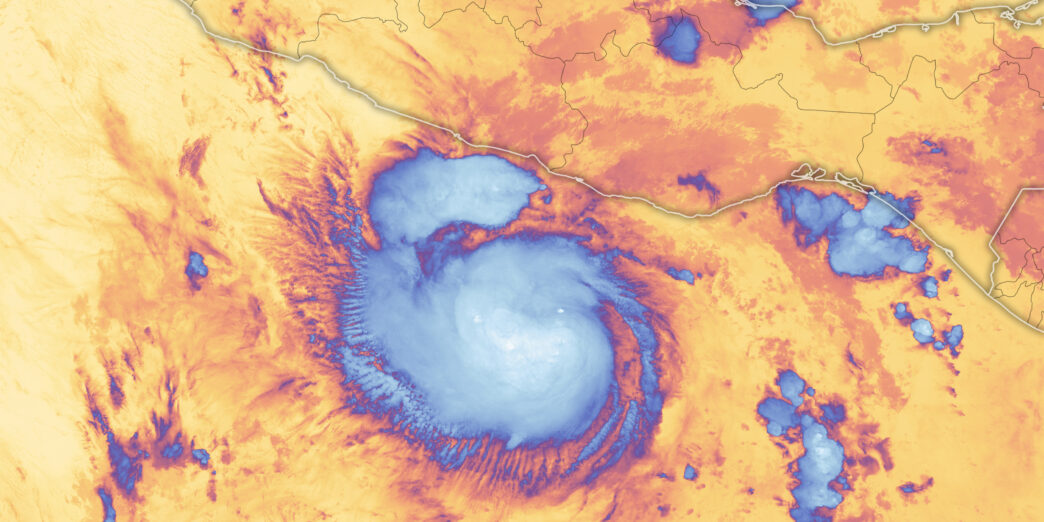Substantial Flooding Affects United Arab Emirates: April 2024 Travel Alert
Why has bizarre weather been occurring in this part of the Middle East?
Why has bizarre weather been occurring in this part of the Middle East?
Spring is here; but winter is not done yet.
Expect significant snow and rain during this round of inclement weather.
At least 100 airports in the United States and Canada will be affected.
An abundance of snow is expected during this round of inclement weather.
More airlines have issued travel waivers. Find out if they affect you.
An abundance of snow and ice are expected during this round of inclement weather.
Blizzard conditions are expected in some states.
Everyone knows it’s Windy.
Find out why some airlines issued travel waivers AFTER landfall.
Join our mailing list to receive the latest news and updates from our team.








